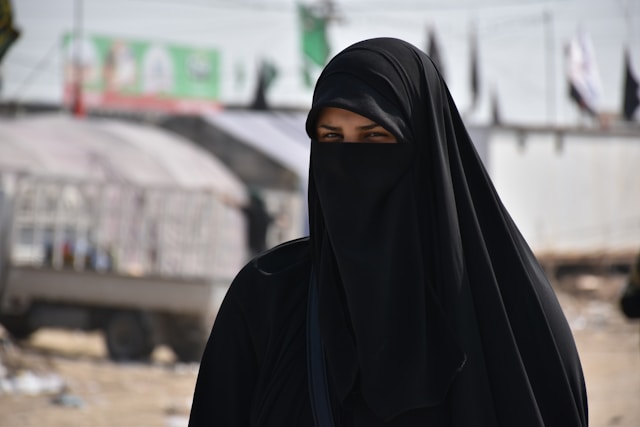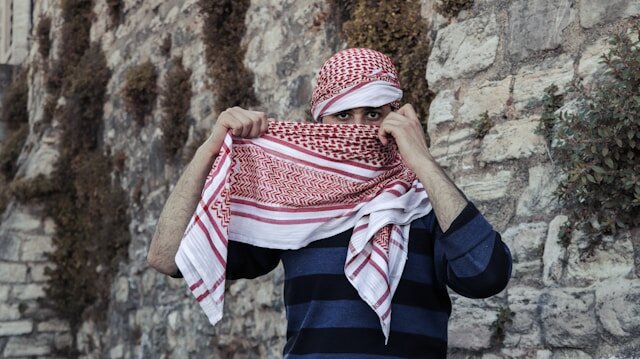There are lessons for the rest of Europe and beyond in countering everyday extremism, as well as terrorism and populism, from the conflict, known as the Troubles, and the peace process in Northern Ireland. Resisting extremism is still a work in progress but everyday life in Northern Ireland is manifestly more peaceful since the 1994 ceasefires, followed by the 1998 Good Friday Agreement, than it was for the quarter of a century before the peace process.
This case study therefore explores how such everyday extremism as fomenting ‘political or sectarian hostility’ was challenged during the Troubles and still needs to be challenged continuously. In particular, in 1988, the UK government introduced broadcasting restrictions on those who supported terrorism. These were much criticised but survived domestic and European court scrutiny, as a proportionate measure to signal what this OppAttune study calls ‘everyday extremism’.
In the early 1990s, citizens created their own process of inclusive dialogue. This allowed voices to be heard and opinions to be critically assessed by all-comers. Gradually, those who supported violence began to accept that they could succeed in democratic politics without paramilitary activity, which led to the ceasefires and eventually political agreement on new structures.
The lessons from the Troubles are taken to be how to eliminate or reduce violence in a conflict by signalling that the use or support of violence is everyday extremism in itself but simultaneously that, if violence ends, full and immediate engagement in the political arena is available even to those who were promoting violence, all the while addressing the underlying narratives of resentful and/or precarious belonging. This process was known as ‘bringing in from the cold’ those who supported terrorism. Alongside the visible political drama of democratic inclusion, this case-study shows how grassroots dialogue and community engagement played its part in countering everyday extremism.








